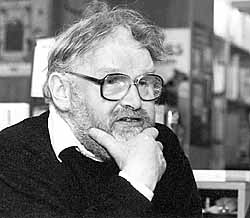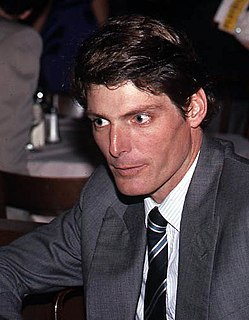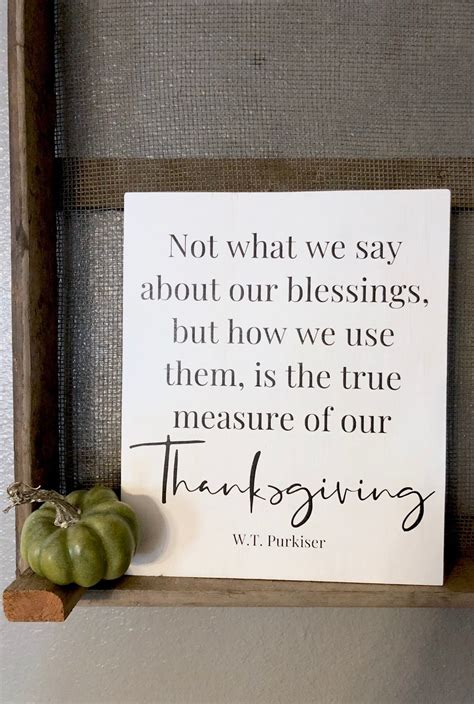A Quote by William Butler Yeats
Related Quotes
We're so busy resigning ourselves to the inevitable that we don't even ask if it is inevitable. We've got to have courage, to take our future into our hands. If the law is oppressive, we must change the law. If tradition is obstructive, we must break tradition. If the system is unjust, we must reform the system.
I wish I could remember the moment when I was a kid and I discovered that the letters linked into words, and that the words linked to real things. What a revelation that must have been. We don't have the words for it, since we hadn't yet learned the words. It must have been astonishing, to be given the key to the kingdom and see it turn in our hands so easily.
There is one tradition in America I am proud to inherit. It is our first freedom and the truest expression of our Americanism: the ability to dissent without fear. It is our right to utter the words, 'I disagree.' We must feel at liberty to speak those words to our neighbors, our clergy, our educators, our news media, our lawmakers and, above all, to the one among us we elect - President.
What is the quality of your intent? Certain people have a way of saying things that shake us at the core. Even when the words do not seem harsh or offensive, the impact is shattering. What we could be experiencing is the intent behind the words. When we intend to do good, we do. When we intend to do harm, it happens. What each of us must come to realize is that our intent always comes through.







































